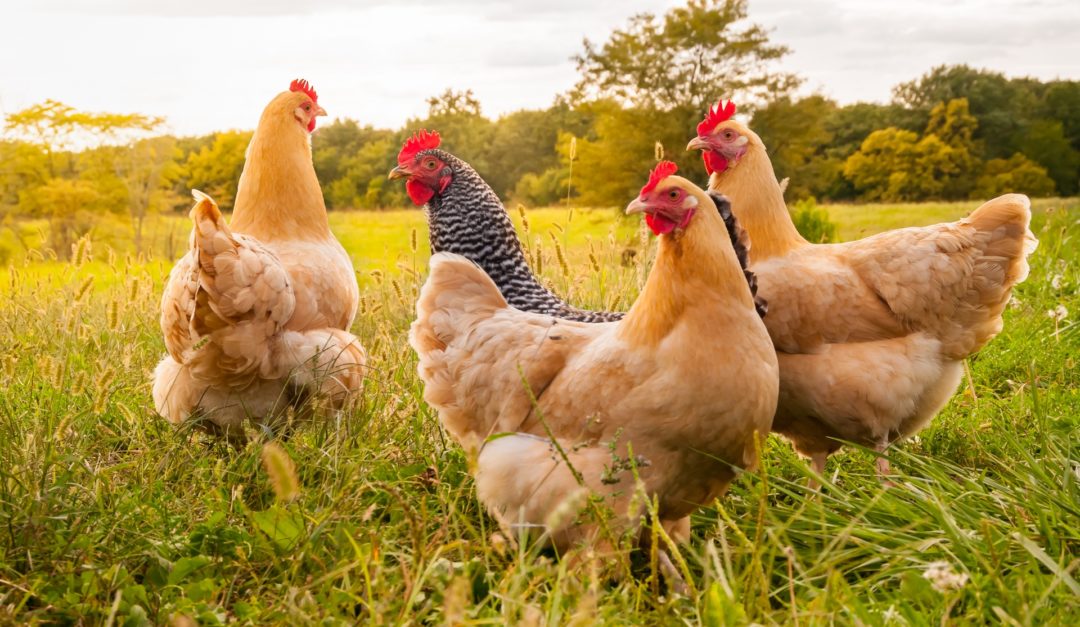
Perdue Moving into Plant Protein, New Organic Line

The company is looking at investing in smaller startups, pure vegan options and options that combine meat, plant based -based proteins and vegetables, Perdue Farms Chairman Jim Perdue told Bloomberg. This is part of an “all of the above” strategy.
No exact decisions have been made yet, but Purdue said the company is exploring multiple options.
“Our vision is to be the most trusted name in premium protein, “he said. "It doesn’t say premium meat protein, just premium protein. That’s where consumers are going.”
Meanwhile, in October, Perdue Farms will launch a range of products through its Simply Smart brand that the company has said will break the price barrier presented to consumers shopping for organic poultry.
The new organic line will include whole grain, certified gluten-free and lightly breaded chicken nuggets, strips and tenders in the frozen and refrigerated food sections, according to thecompany.
A whole, generic store-brand chicken can cost shoppers approximately $1.50 per pound, according to areportby Reuters. The price for organic chickens is higher, according to the report, with prices such as $2.69 a pound at Trader Joe’s and $4.99 a pound from Fresh Direct.
Perdue Farms hopes to break that price barrier. It will try to do so by offering frozen and fully cooked breaded chicken products at approximately half, or less, the average price shoppers generally pay for other brands, the company said.
Perdue CMO Eric Christianson said price should never be a deciding factor when it comes to people serving healthy organic foods to their families, versus settling for another product.
“For convenient, high quality, organic fully cooked chicken, Perdue now offers consumers an option that meets their demand without sacrificing their needs,” he said.
Organic poultry is also in high demand.
According to theOrganic Trade Association, organic food sales in the U.S. totalled approximately $49.4 billion in 2017, up 6.4 percent from the previous year.
This marks a continuing increase from when the Organic Trade Association first began tracking organic food sales in 1997, when the market was estimated at $3.4 billion, according to the association. In the last decade alone, the U.S. organic market has more than doubled in size.
CEO and Executive Director of the Organic Trade Association Laura Batcha said the market for organic foods has arrived.
“Our survey shows there are now certified organic products in the marketplace representing all stages of the life cycle of a product or a company—from industry veterans to start-ups that are pioneering leading edge innovation and benefits and getting shelf space for the first time.”
Christianson said this makes it clear what consumers want.
“The growth in organic continues to outpace the rest of the food market, so this is clearly something consumers want,” Christianson said. “… Now we’re going to offer consumers certified organic at prices that are more affordable.”
Related Articles

The editorial team at WholeFoods Magazine has decades of experiences reporting on natural products industry news, trends, and more. This national, monthly business-to-business magazine has been published continuously for nearly 40 years (the magazine was founded in 1977, and has been owned by Wainer Finest Communications since 1984). It is the longest-tenured media outlet of its kind in the natural products industry. The editorial focus at WholeFoods Magazine is, and always has been, on informing and educating members of the natural products industry.
*These statements have not been evaluated by the Food and Drug Administration. These products are not intended to diagnose, treat, cure, or prevent any disease.
The Magazine
Information
About Us
NOTE: WholeFoods Magazine is a business-to-business publication. Information on this site should not be considered medical advice or a way to diagnose or treat any disease or illness. Always seek the advice of a medical professional before making lifestyle changes, including taking a dietary supplement. The opinions expressed by contributors and experts quoted in articles are not necessarily those of the publisher or editors of WholeFoods.







